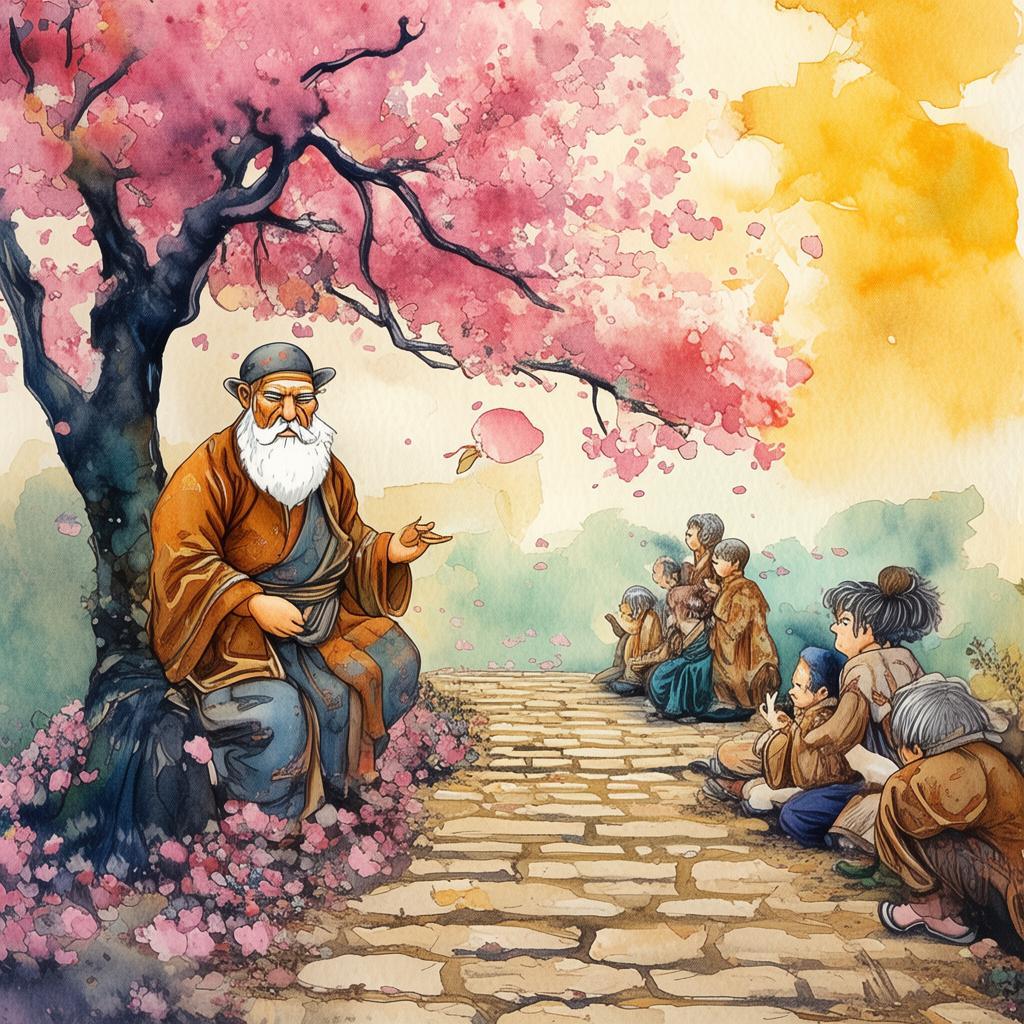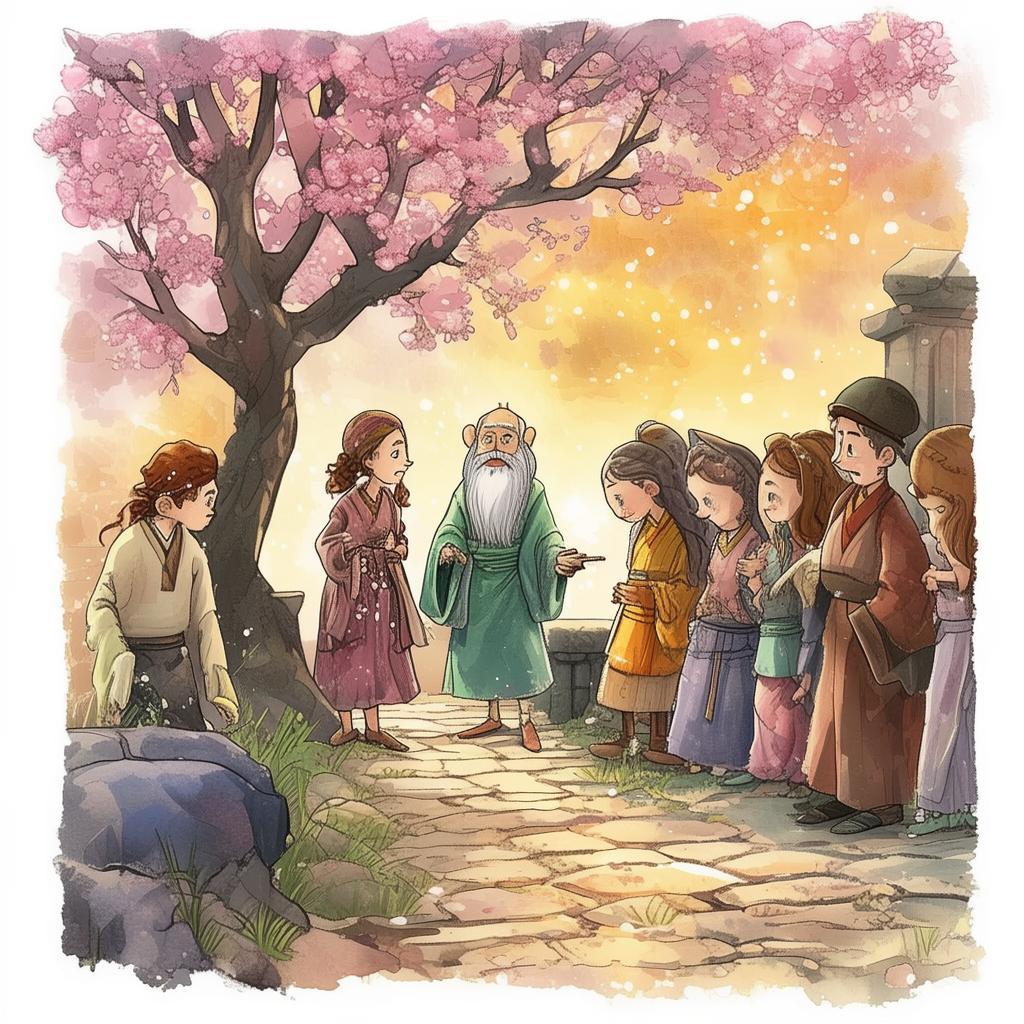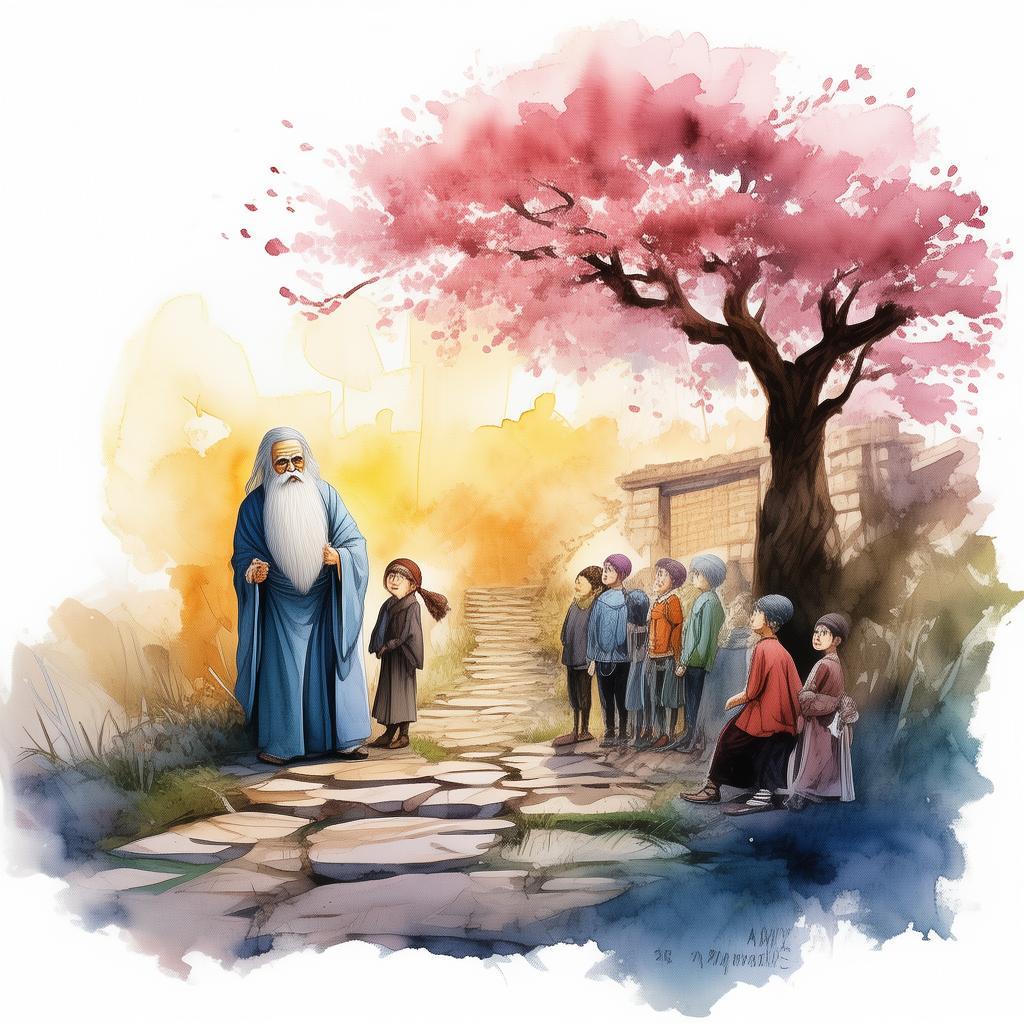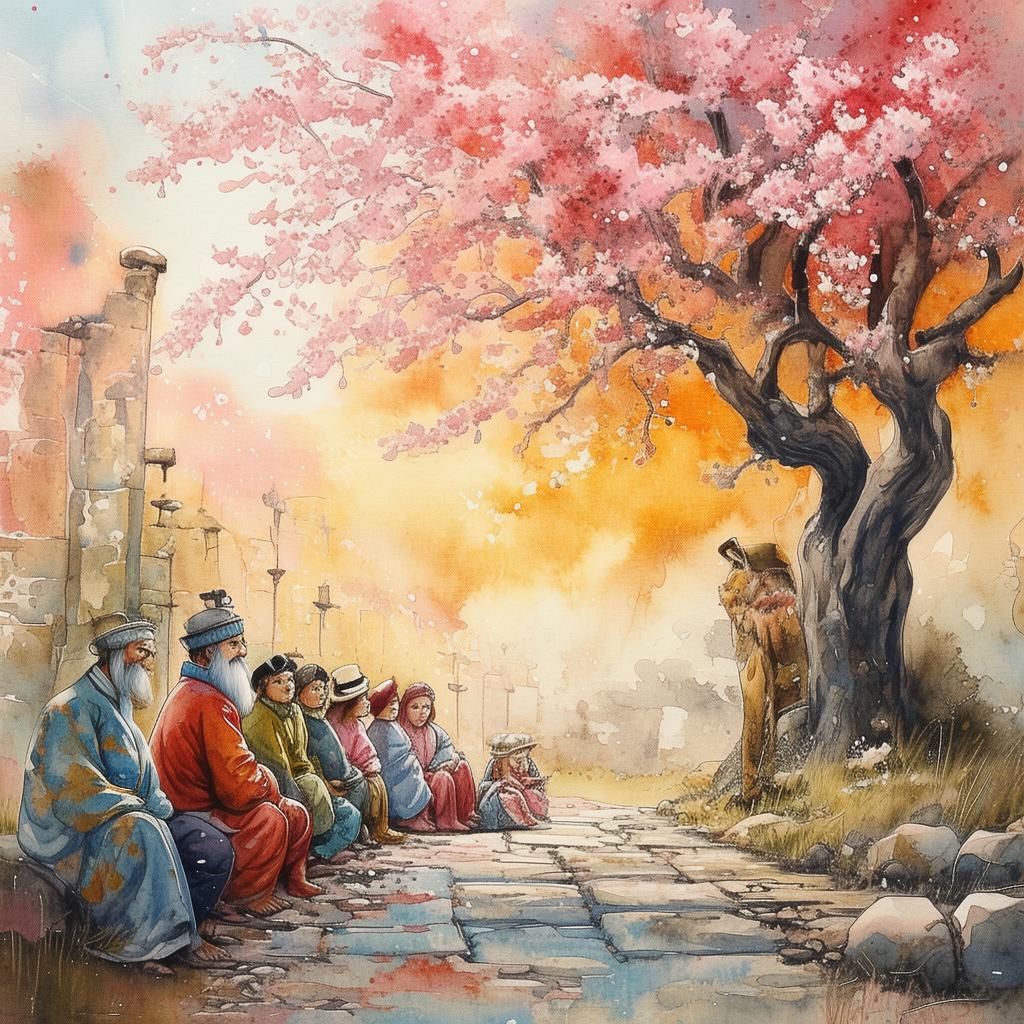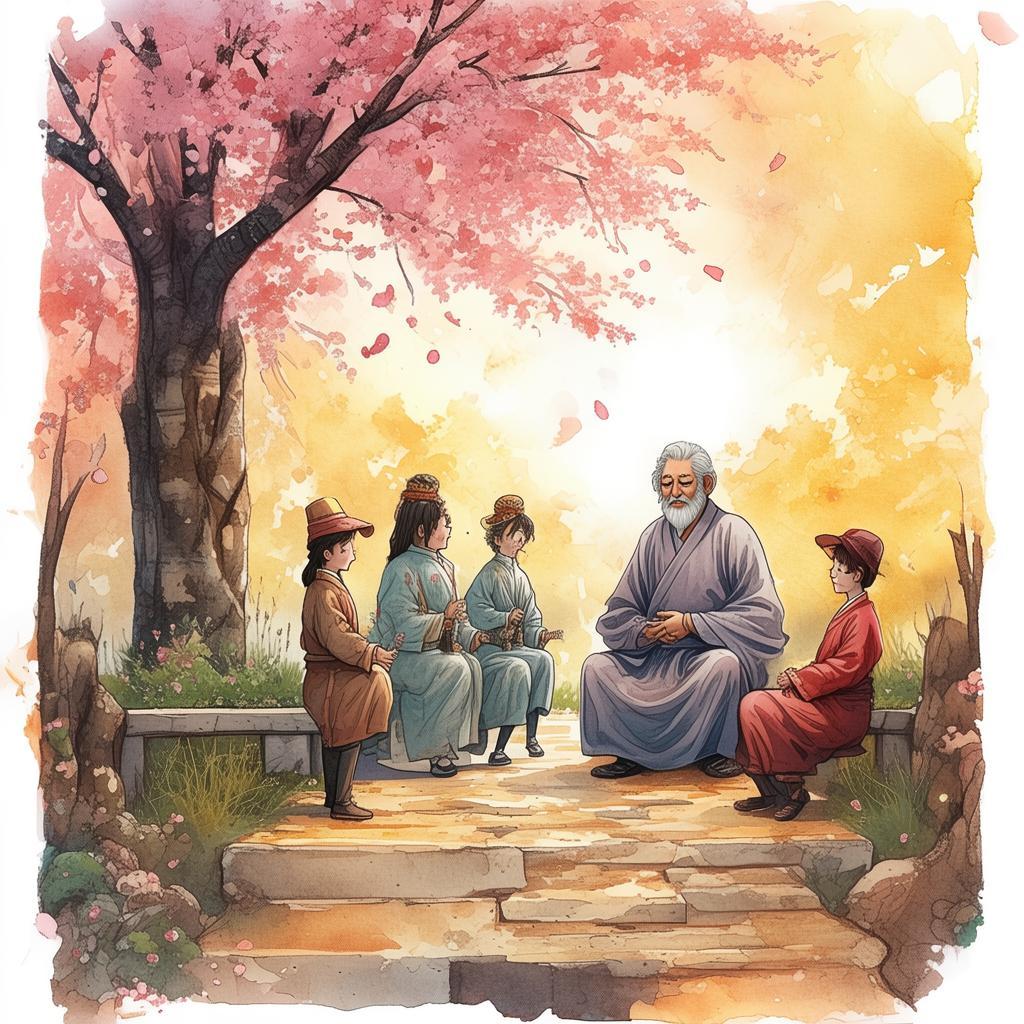Whispers of the Plague: The Love That Survived
In the year 1348, the Black Death ravaged Europe, a silent assassin that struck without warning, leaving a trail of despair and death in its wake. In the heart of Paris, amidst the fear and chaos, a young poet named Guillaume found himself in the employ of a wealthy merchant, chronicling the events of the era in his verses. Little did he know that his life was about to intertwine with a woman whose own heart was a battleground.
The merchant's wife, Isabeau, was a beauty of rare grace and spirit, though her life was marred by a secret she carried: she was a leper. In a society where leprosy was synonymous with sin and corruption, Isabeau was shunned and feared. She moved through the world as a ghost, invisible to most, except for those who chose to see beyond the disease.
It was during the height of the epidemic that Guillaume and Isabeau's paths crossed. She was the nurse assigned to care for the merchant's sickly son, who had contracted the plague. Guillaume, drawn to her gentle demeanor and compassionate heart, found himself drawn to her despite her condition.
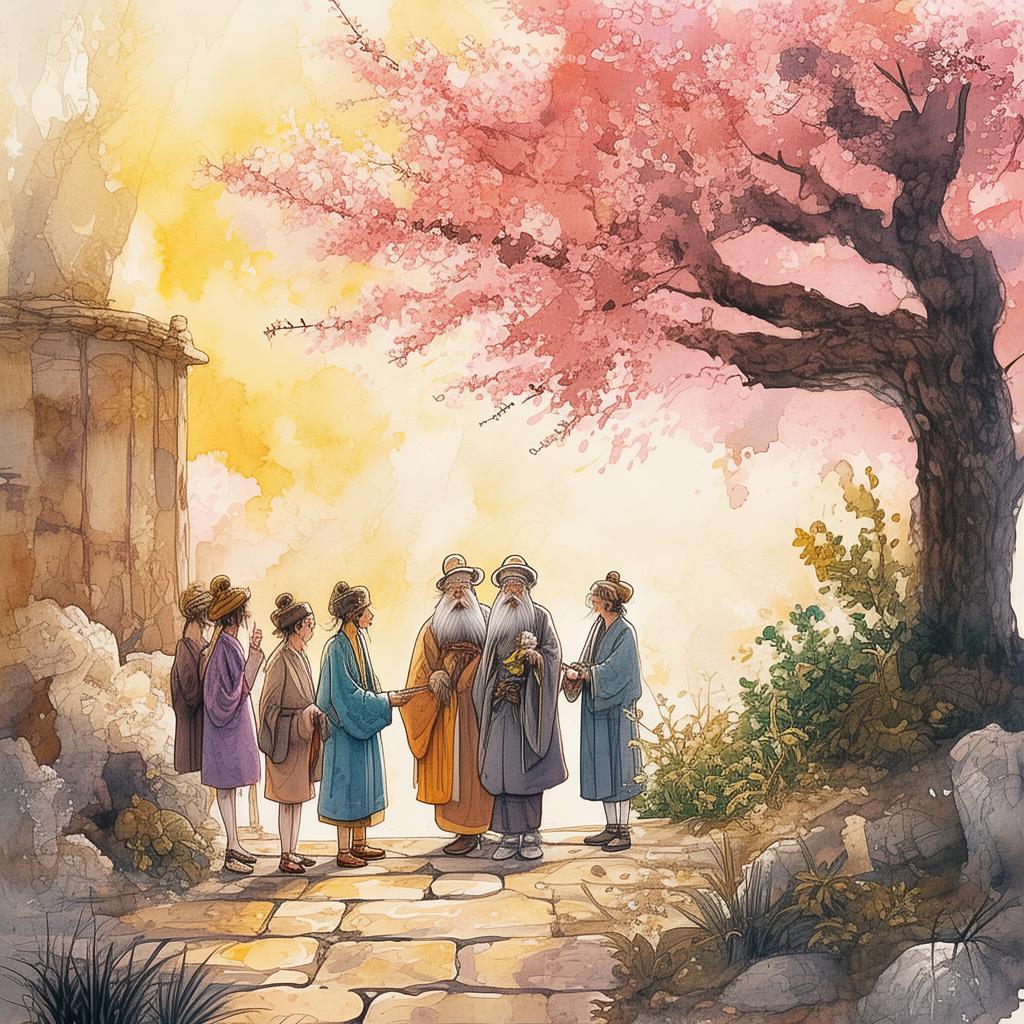
One evening, as the merchant's son lay on his deathbed, Guillaume found himself alone with Isabeau. In a moment of raw vulnerability, he penned a poem, a tribute to her resilience and beauty, unaware that it would become the catalyst for a forbidden love.
The poem, "Whispers of the Plague," began to circulate, and soon, Guillaume's talent was known to many, including the king himself. The king, a patron of the arts, invited Guillaume to the royal court. It was there that Guillaume and Isabeau's love story truly began.
Despite the societal norms and the risk of infection, they dared to love. They exchanged letters, their words filled with passion and longing. Guillaume's poems became a testament to their love, a beacon of hope in a world consumed by fear.
However, as the Black Death spread, Isabeau's secret became known, and she was banished from the merchant's home. She wandered the streets, a specter of despair, her spirit broken by the weight of her condition. Guillaume, heartbroken, continued to write about her, hoping that his words could somehow reach her.
One night, as the plague raged on, Guillaume received a letter from Isabeau. It was a farewell note, a final plea for him to live for the love they shared. She asked him to use his gift to bring hope to others, to remind them that even in the darkest times, love could shine through.
Guillaume, torn between his love for Isabeau and his duty to the king, decided to follow her advice. He dedicated himself to his poetry, writing about the strength of the human spirit and the enduring power of love. His work became a testament to Isabeau's legacy, a love that had survived the plague.
Years passed, and the Black Death eventually receded. Guillaume's poems were celebrated, and he became a revered figure in the literary world. But he never forgot Isabeau. He visited her grave, a place she had chosen to rest, and read her his latest poem, a tribute to their love that had outlived the darkest days of the Black Death.
"Whispers of the Plague" is not just a story of love; it is a testament to the resilience of the human spirit. It shows that even in the face of despair, love can flourish and leave an indelible mark on the world.
✨ Original Statement ✨
All articles published on this website (including but not limited to text, images, videos, and other content) are original or authorized for reposting and are protected by relevant laws. Without the explicit written permission of this website, no individual or organization may copy, modify, repost, or use the content for commercial purposes.
If you need to quote or cooperate, please contact this site for authorization. We reserve the right to pursue legal responsibility for any unauthorized use.
Hereby declared.
